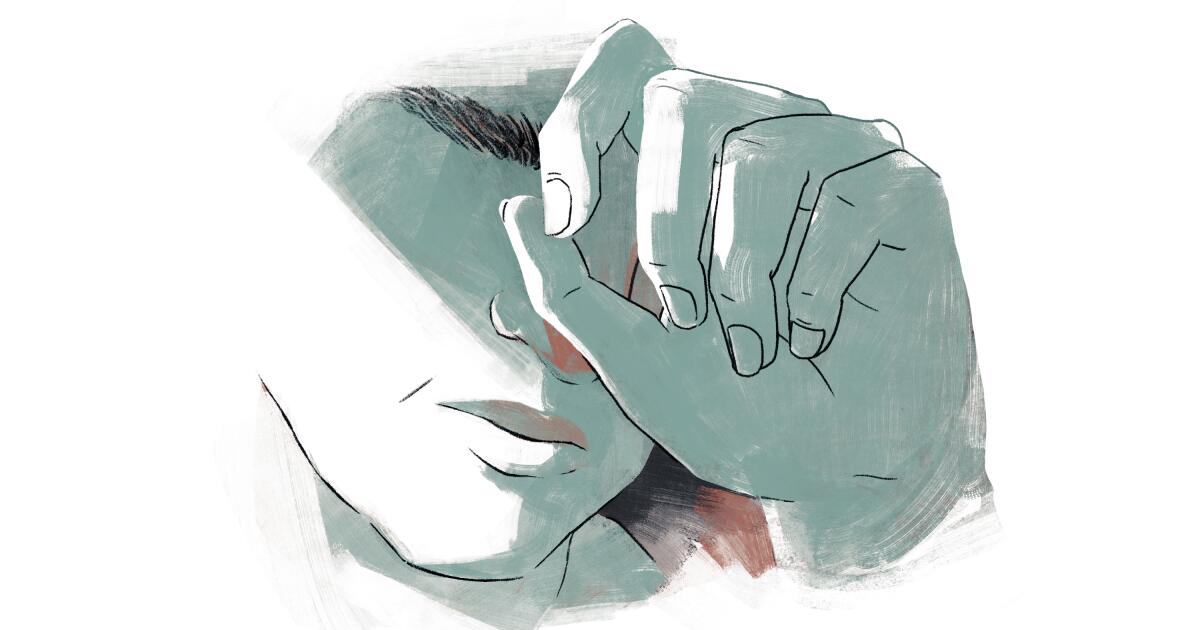Op-Ed: Helping people also gives them hope

By Chuck Ingoglia, MSW
Everyone should have the opportunity to be healthy. But not everyone has this opportunity today.
or March 29 report by the US Department of Health and Human Services Office of the Inspector General (OIG) found that people of all ages are experiencing a need for services related to mental health and substance use disorders. One in five adults report having a mental illness, and many have difficulty accessing behavioral health care.
or special study on May 3 cited Alabama as the third worst state for mental health care.
As we observe Mental Health Awareness Month, let’s recognize that no one is immune from a mental health or substance use challenge, and we can do more to ensure that everyone has the opportunity to be healthy. We can do more to give people hope.
Achieving this requires eliminating barriers to care. It seeks to aggressively move away from the fear and discrimination that often prevents people from seeking treatment. It calls for continued investment in 988 Suicide & Crisis Lifeline, which will celebrate its second anniversary this July.
It calls for expanding access to evidence-based prevention, harm reduction, treatment and recovery support to help those with substance use disorders and reduce the number of overdose deaths.
It calls for closing the coverage gap for about 100,000 Alabamians who make too much money to qualify for Medicaid and too few qualify for subsidies for Affordable Care Act Plans. Of the 10 worst states for mental health care identified in the study, seven of those states have failed to close the coverage gap.
Requires greater investment in Certified Community Behavioral Health Clinics (CCBHCs), which serve all people regardless of their ability to pay. Clinics also:
- Eliminate waiting lists so people get care right away.
- Create innovative partnerships with law enforcement, schools and hospitals to improve care, reduce recidivism and prevent hospital readmissions.
- Improve the integration of physical care with mental health and substance use treatment and care.
- And create jobs.
Perhaps most importantly, ensuring that everyone has the opportunity to be healthy also requires developing programs to recruit and retain more mental health and substance use professionals, as the OIG pointed out in its report. The OIG found that many types of behavioral health providers have reported concerns about being able to meet the growing need for behavioral health services. For example, 65 percent of psychologists surveyed said they had no capacity for new patients, and 68 percent said their waiting lists were longer than they were before the pandemic.
separately, a survey last year conducted by The Harris Poll found that the vast majority (83%) of the nation’s behavioral health workforce believes that without public policy changes, provider organizations will be unable to meet the demand for mental health treatment and care or substance use.
As of March 2024, 122 million Americans lived in it areas with mental health professional shortages, and the US Health Resources and Services Administration estimates that thousands more professionals are needed to ensure adequate supply. We need to reverse those trends, develop more pipelines, and provide multiple avenues for employment in a growing field.
Despite the significant practical barriers that remain, awareness of mental health and substance use challenges is increasing, and more people understand the value of looking after their mental wellbeing and are more comfortable discussing it. This is significant progress. But it is not enough. A recent survey by the National Alliance on Mental Illness found that 86% of US residents want Congress to do more to improve mental health care.
Until we can meet the demand for mental health and substance abuse treatment and care among all young people, veterans, those in rural communities, Blacks, Native Americans, AAPI, LGBTQ+ people, and older adults, we must continue to work to improve access to care.
We cannot be mentally well and thriving if we cannot access mental health and substance use treatment and care. So we need to do more to make mental wellness, including recovery from substance use challenges, a reality for everyone, everywhere.
Because we all deserve the opportunity to be healthy.

Chuck Ingoglia, MSW, is president and CEO at the National Council on Mental Wellness.
If you or someone you know may be thinking about suicide, contact the 988 Suicide and Crisis Lifeline: Call or text 988 or chat 988lifeline.org.
#OpEd #Helping #people #hope
Image Source : aldailynews.com


